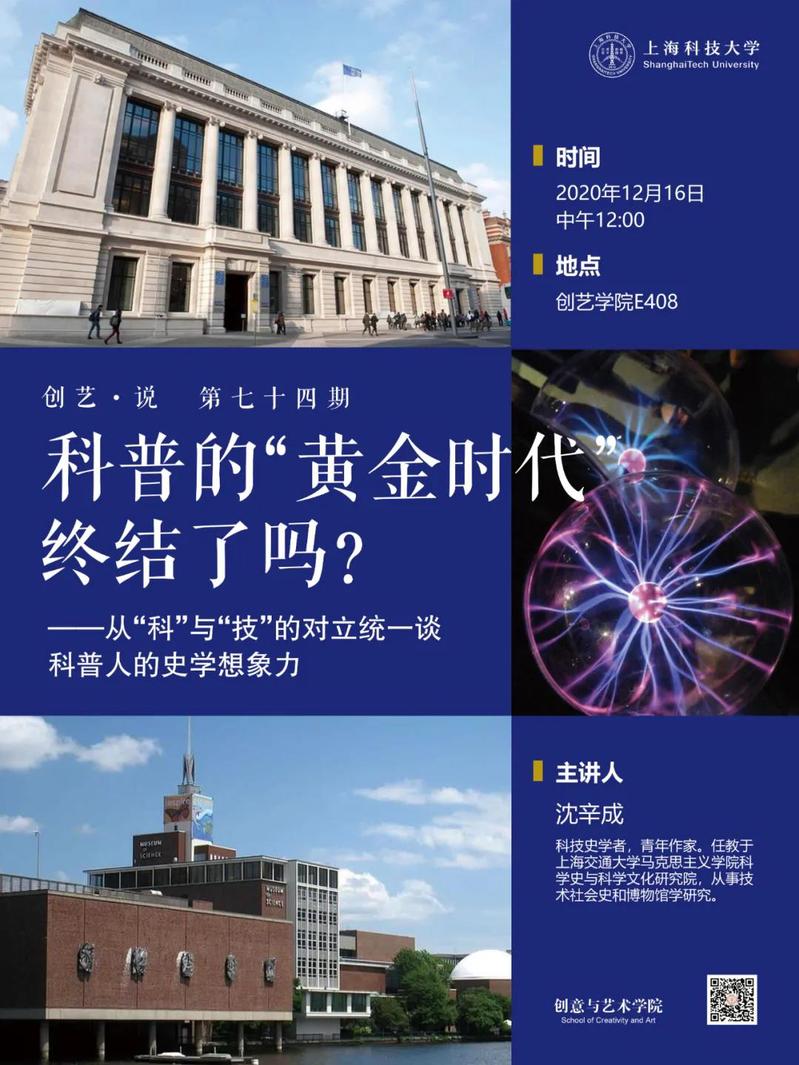
Time
2020.12.16
12:00
Address
School of Creativity and Art, E408
Speaker
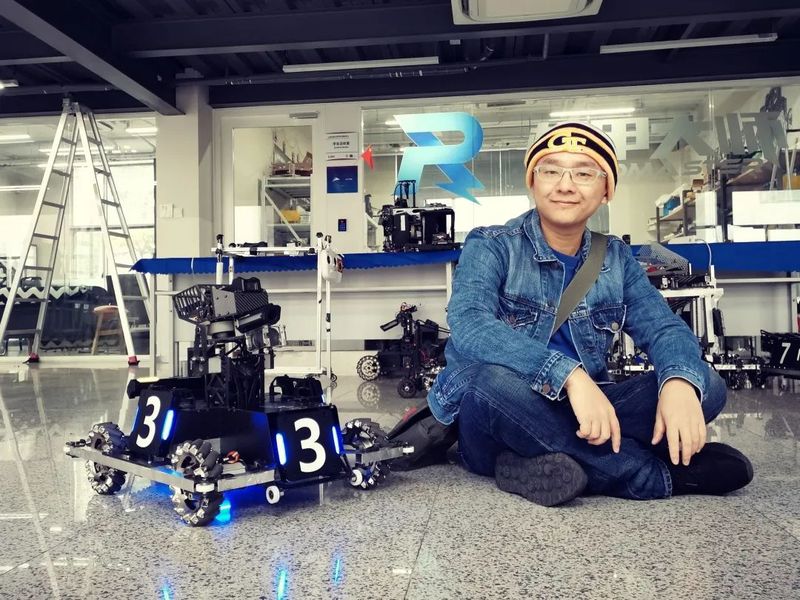
Xincheng Shen, a scholar in the history of science and technology, and a young writer. Taught at the Institute of Science History and Science Culture, School of Marxism, Shanghai Jiaotong University, engaged in the research of technological social history and museology. He has a PhD in History of Science and Technology from Georgia Institute of Technology, a Master of Anthropology from Columbia University, a Master of Archaeology from Fudan University, and a Bachelor of History from Peking University. He has participated in research and curatorial work such as the American Museum of Nature, the 9/11 Memorial, and the Shanghai Science and Technology Museum. He has published more than ten articles in 人民日报, 史林, 文汇学人 and so on. The book 纽约无人是客 was selected into the 2017 Douban Annual List, with a Douban score of 8.6.
Therefore, the focus of popular science work in the next stage must be historical interpretation:Tell the process of scientific research into a story, and bring the general public into the process of scientific research.
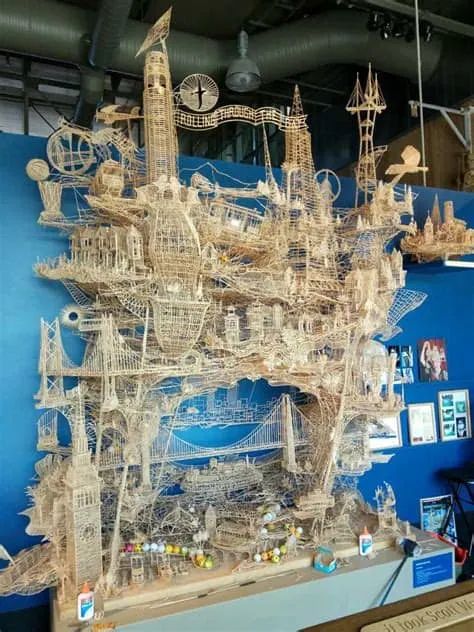
A well-known collection of Exploratorium
A dynamic San Francisco landscape sculpture made with toothpicks
Rolling Through the Bay
The so-called historical perspective can be seen from the connotation and emphasis of western science and technology museums.
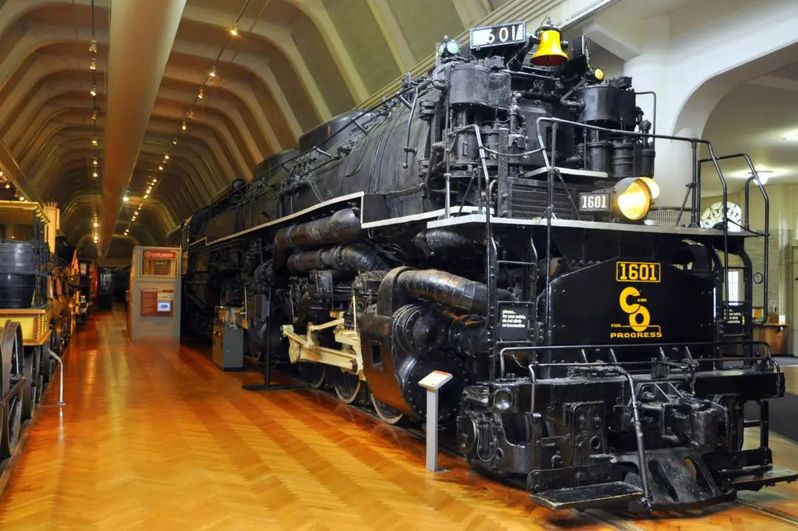
Steam locomotive at the Henry Ford Museum (Detroit)
For China, modern science is an imported product, industrial technology is an imported product, and it is also an imported product for the popularization and presentation of science and technology. After the reform and opening up, Western academia and industry have completed the separation of science and technology, and basic scientific research has become the only content on display that is eligible to be included in the museum. then, when accepting the concept of the science and technology museum, we entered the limitation of thinking about focusing on science but not on technology, which severely restricted the imagination of the practitioners of the connotation of the science and technology museum. As a science and technology museum where the three intersect, we can say that we have only learned the surface, but not the essence.
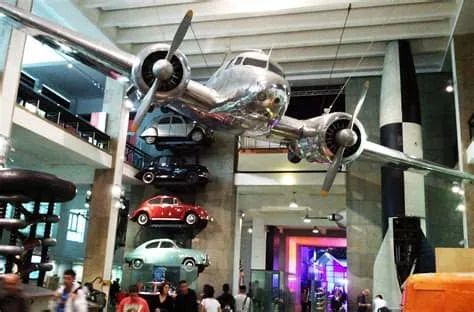
London Science Museum
History is not far away from us. Just like Europe at the beginning of the last century, the current multilateralist order hangs on a thread, and technological competition is becoming increasingly fierce. We are in the torrent of history. We must not only maintain the fine tradition of focusing on science and education, but also not look at the function and value of science and science museums with a static perspective. Instead, we should use a dynamic perspective and thinking to better capture the rapidly changing nature of our country Economic and technological landscape.
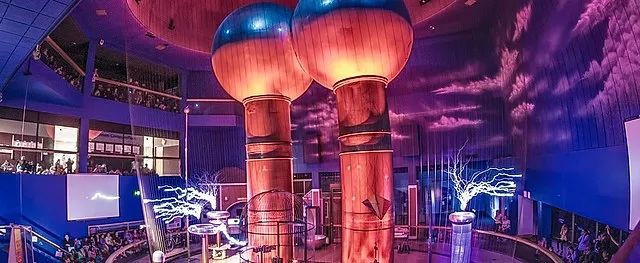
Boston Museum of Science
Registration method
No forecast name is required for this lecture. Seats are limited, first come first served. If you have any questions about the presenter and want to communicate, please scan the QR code below and fill in the questionnaire.

创艺·说 is a series of activities of School of Creativity and Art. We will regularly invite artists and cross-border creative talents to share their works, experiences and vision.



